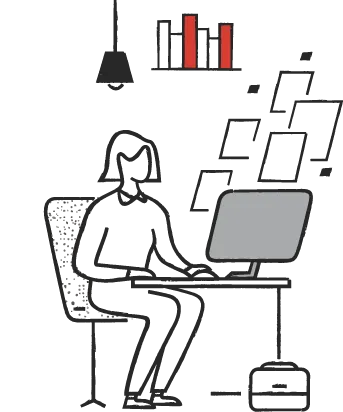Resources for Apartment Landlords in Chicago

Prepare to List Your
Apartment for Rent
Get your Chicago apartment ready to list. Prepare your rental apartment to hit the market with these tips and guides before listing an apartment.
How to Screen
Tenants
Learn about screening tenants before they sign the lease. Understand the best available tenant screening services for landlords.
Lease Agreement
+ Forms
Download Domu's free Chicago Apartment Lease. Learn how to use the apartment lease, who needs to fill out the lease and learn different ways that landlords can collect rent.
Free Chicago Apartment Lease + Required Forms
No more foraging for disclosures or flyers - all of the supporting docs that Chicago landlords need are at your fingertips on Domu. All for free.
Apartment
Checklist + Keys
Tips on performing apartment walkthroughs before tenants move in. Let tenants know what their responsiblities are and answer all their questions before you hand over the keys to the apartment.
During the
Lease
How do you deal with tenants in your Chicago apartment? Learn what landlords need to know about managing their Chicago apartments.
Lease Renewal +
Listing Your Apartment
Find out what landlords need to know about renewing apartment leases. If you're looking for, or if you've already found, tenants for your Chicago apartment, here's what you need to know about keeping them.
Moving Out
Here's what landlords need to know if tenants are moving out. Returning security deposits, final walk-throughs and any loose ends that need wrapping up.
Renters Rights
Learn about tenants' rights, staying compliant with the law, what landlords need to do to NOT get sued and more.

